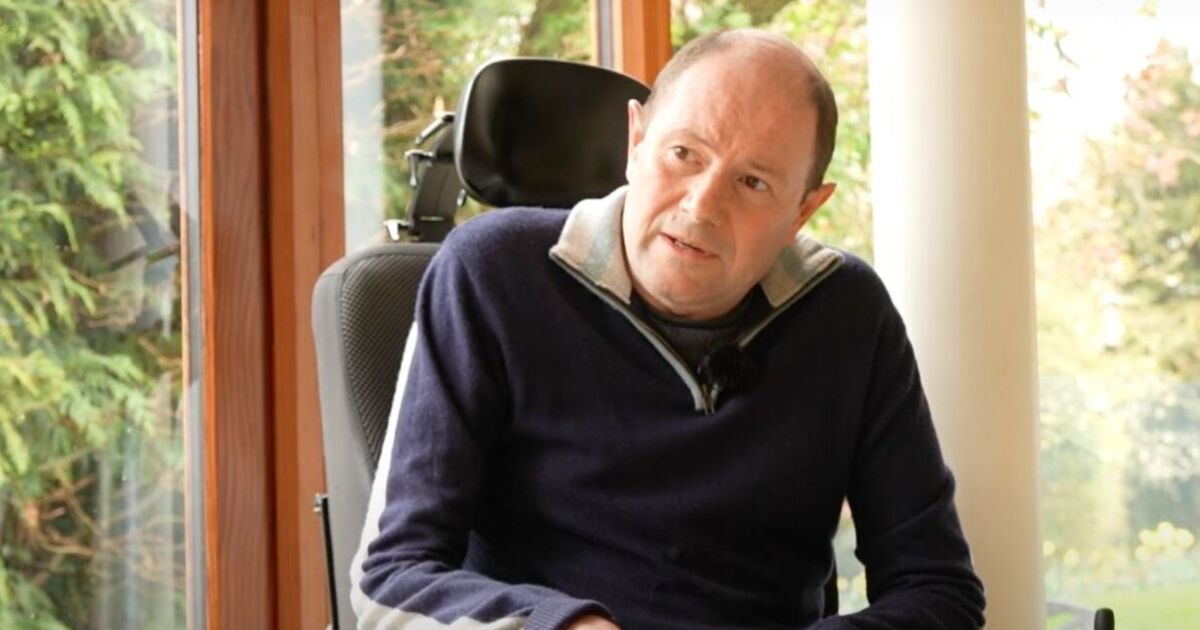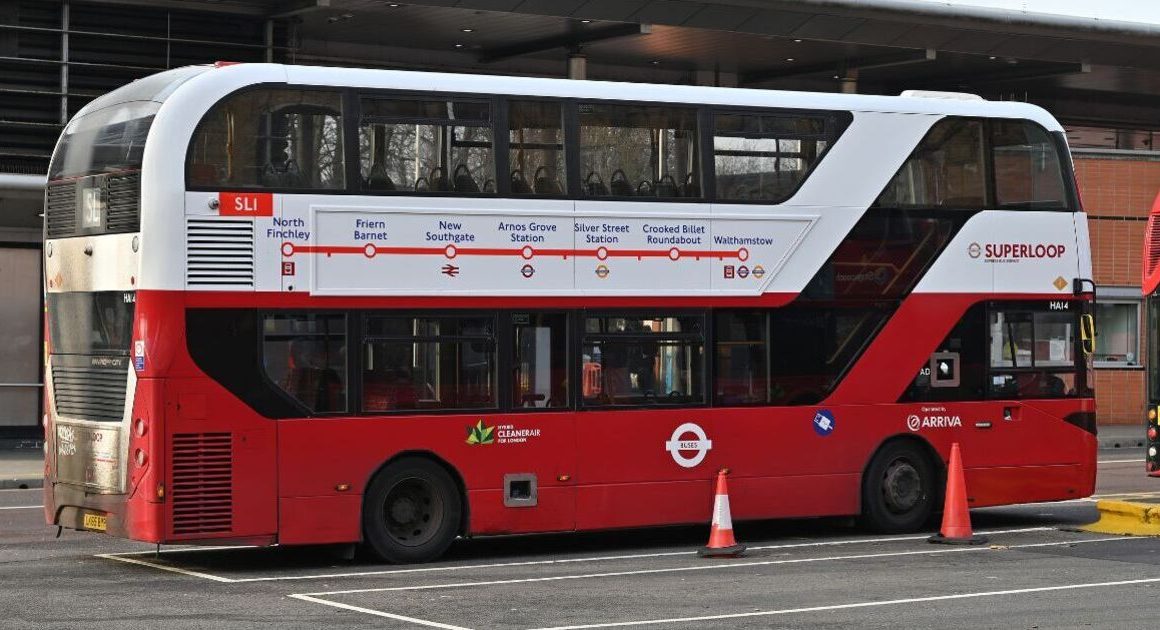The assisted dying debate must move beyond whether we should change the law to consider exactly how we will do it, a terminally ill campaigner has said. Father-of-two Phil Newby, 53, was diagnosed with motor neurone disease nine years ago.
He believes it is now almost inevitable that assisted dying will be legalised due to the unstoppable tide of public opinion – so it is time to set out how our medical and legal systems will adapt.
Phil said: “The conversation in this country should get beyond ‘if’ we have an assisted dying law. It should move into ‘what will the law be?’
“More time needs to be spent on that to show everyone how this would work. Then people, and politicians, will be much better able to make a good decision.
“Knowing where the gaps and challenges are is important so that we can craft a good law.”
READ MORE: Express readers score major victory in securing Commons debate on assisted dying
The Daily Express Give Us Our Last Rights crusade calls for assisted dying to be legalised for terminally ill adults who have less than six months to live.
Our petition, signed by more than 194,000 people, has secured a parliamentary debate on April 29.
Phil, who lives in Rutland in the East Midlands, first shared his story in this newspaper in October 2022. He began campaigning after living with MND for five years, when he faced an “agonising decision” as his muscle function declined.
He said: “I thought this was the time when I would have to commit suicide. If I missed that window, I would have to go wherever the disease took me.
“I was lying there thinking it shouldn’t be part of a civilised country, that I was in this position.”
Phil requested a judicial review to determine whether the blanket ban on assisted dying was compatible with his human rights.
But his case was swiftly rejected by the High Court and Court of Appeal.
Phil does not know if he would ultimately choose to end his life if assisted dying were permitted. But it would act as an “insurance policy” if his suffering became unbearable, he said.
He added: “There’s an awful lot of fear. Knowing that you can put a stop to it at a certain stage is important.
“I’m not sure I’m in a place where life has become intolerable and I’m not sick enough yet, if we look at the laws we want to bring in, to ask for an assisted death.
“But I do see increasingly my dignity and my humanity being stripped away, and everything I do being governed by rotas and machinery and equipment.”
Phil’s wife Charlotte and their daughters Sasha, 21, and Jess, 20, fully support his campaigning.
Evidence from other countries has increasingly debunked the arguments of opponents and “all sorts of indicators suggest the law will change”, he said.
He added: “The more those conversations happen, the hollower the arguments against assisted dying become.
“I don’t think these arguments are unimportant, anything but. But they can be managed and safeguarded against.
“Now, we should be looking in this country at what happens next. Where and how and when do we take on assisted dying?
“Ever since the women’s right for abortion was gained in the 1960s, this has lagged behind. There has been an ethical hole in our legal system, our medical system.
“It has taken an awful lot of work over decades to get this onto the blocks, and that’s where I think it is now.
“The public can see – whether you have religious convictions, whether you’re disabled, whether you’re young or old – that assisted dying should happen.
“Politicians aren’t there yet but I think the ethical build-up will be too much for them.”












